Principals report increase in critical incidents at schools, including assaults and violent threats
School leaders are risking their own safety and wellbeing as critical incidents at schools increase at an alarming rate, including violent security threats from parents and students.
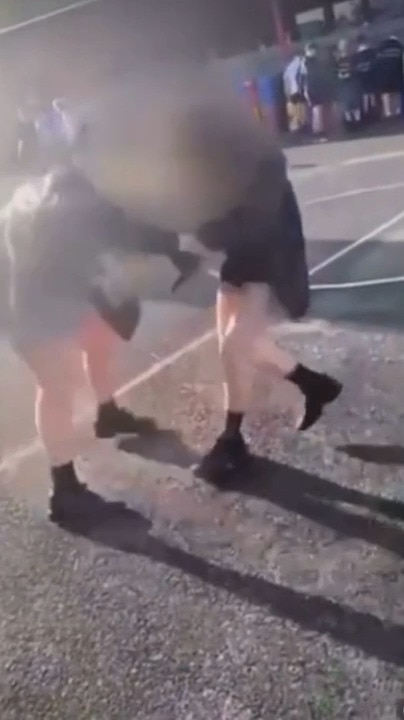
Education
Don't miss out on the headlines from Education. Followed categories will be added to My News.
Principals are putting their lives on the line to deal with a rising number of critical incidents – such as violent security threats – with almost 90 per cent of Victorian school leaders experiencing such events on one or more occasions.
New research by Australian Catholic University has unveiled the devastating toll critical incidents are taking on Australia’s school leaders, with more than 80 per cent of principals experiencing serious unexpected events during their tenure.
A critical incident is a significant and often unanticipated situation that could involve threats to life, health, safety, wellbeing, serious injury or death.
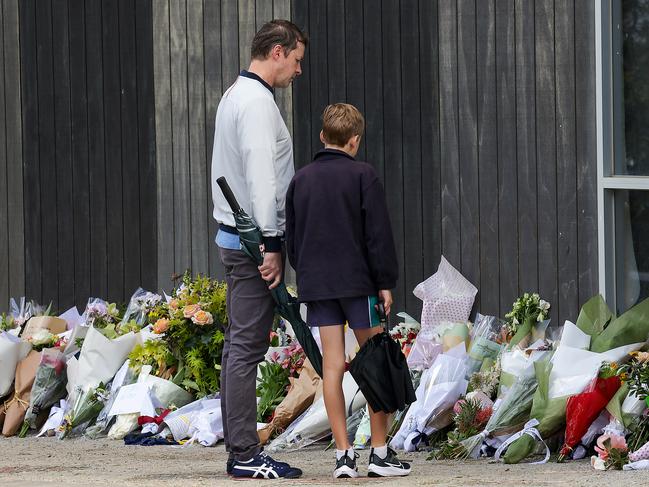
Principals who participated in the study said the rate of critical incidents at schools was increasing, with the most common incidents reported being security threats, mental health crises, suicide threats or attempts, bullying and medical emergencies.
In Victoria, nine in 10 principals said they encountered one or more critical incidents, while two in three said the incidents that occurred were “high” or “extreme” in severity.
The ACU study comes as Victorian high schools grapple with the biggest exam bungle to affect year 12 students in the state’s education history – a situation chief investigator and former school principal Dr Paul Kidson said was one of several recent critical incidents to rock the state.
Other critical incidents at Victorian schools this year were the Auburn South Primary School tragedy – where student Jack Davey died after a car ploughed through the school fence – and the Yarra Valley Grammar ranking scandal.
ACU chief investigator Associate Professor Theresa Dicke said there were several interconnected factors driving an increase in critical incidents at schools, including parental behaviour, weapon use, social media, mental health, Covid-19 and the public’s perception of teachers.
“Overall it seems like security threats and violence are the main critical incidences across the board and that is followed by the mental health crisis and suicidal attempts or threats,” she said.
A Victorian principal from Melbourne’s east said his school had experienced “dozens” of critical incidents in the past two years.
“We’ve had incidents where the classroom needed to be evacuated due to students becoming extremely aggressive,” the principal said.
“This includes students throwing objects at teachers or windows.”
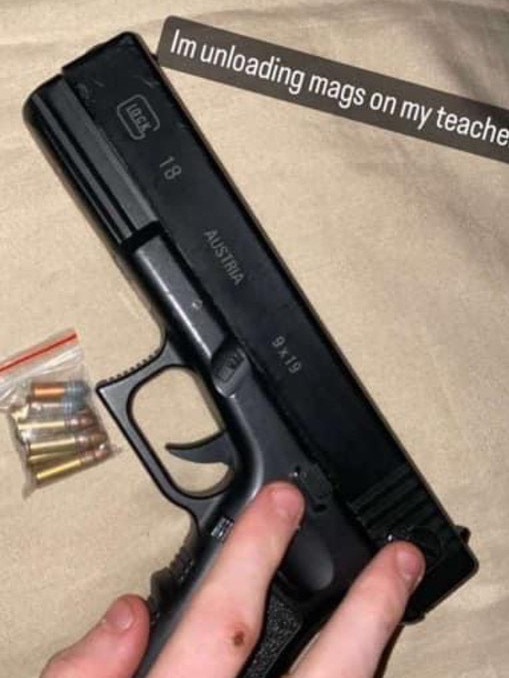
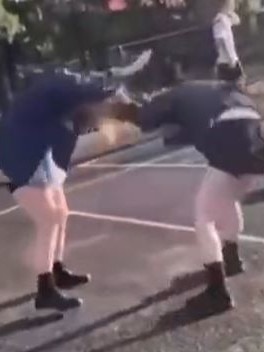
Another principal said he was forced to call the police after a parent threatened a teacher over an incident involving their child.
“The father put his fist up to the teacher … It was very confronting for the staff member,” he said.
“We’ve also had incidents where aggressive parents have stormed the school office and made serious threats.”
The research found most school leaders felt “not prepared” or “somewhat prepared” to deal with critical incidents, while almost 67 per cent of principals experienced cumulative trauma due to encountering multiple critical incidents without having the chance to recover.
Principals Australia Research Foundation director and Australian Primary Principals Association president Angela Falkenberg said critical incidents had both physical and psychological impacts.
“(Principals) constantly have their blood pressure up because they’re having to put lots of effort into managing the incident – lots of calls happening, lots of running around,” she said
“And then psychologically it is a massive emotional and cognitive labour to manage, it’s exhausting.”
Associate Professor Dicke said the research painted an alarming picture, prompting calls for more support from state and territory governments so principals felt better prepared to manage such unexpected events.
“In our report we derive several practical recommendations: firstly we would develop a standardised critical incident roadmap so principles have clarity on which steps to take,” she said.
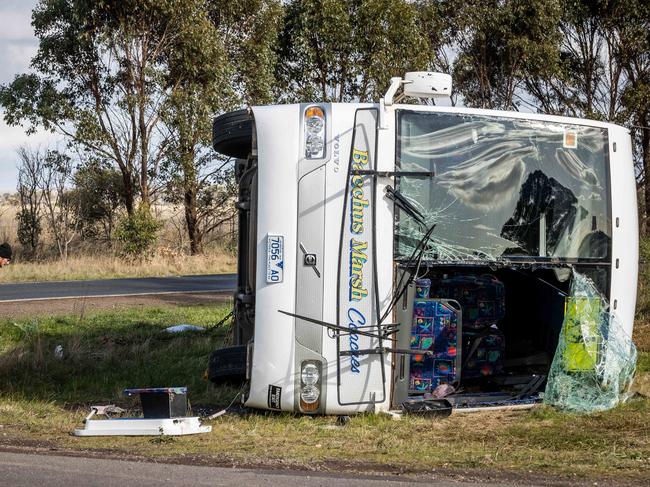
Other recommendations included having in-house psychological support, improved communication with emergency services, better training, and time off without stigma.
“It’s remarkable we have debriefing strategies for a number of other intense roles (such as emergency services) that are not in place for principals,” Dr Kidson said.
“Principals will organise debriefing for their teachers, students and parents and look after everybody else’s needs but sometimes not themselves.
“We need to acknowledge the aftermath of these events and provide ongoing support.”
A Victorian Department of Education spokesman said educators’ health and wellbeing was its priority.
“We have well-established and comprehensive systems in place to report critical incidents and support staff, including the through psychological support, counselling and additional staffing,” he said.
“We are supporting principals and school leaders’ ongoing health and wellbeing, through mentoring, proactive wellbeing support, principal health checks, a support team for complex matters and an early intervention program.”


